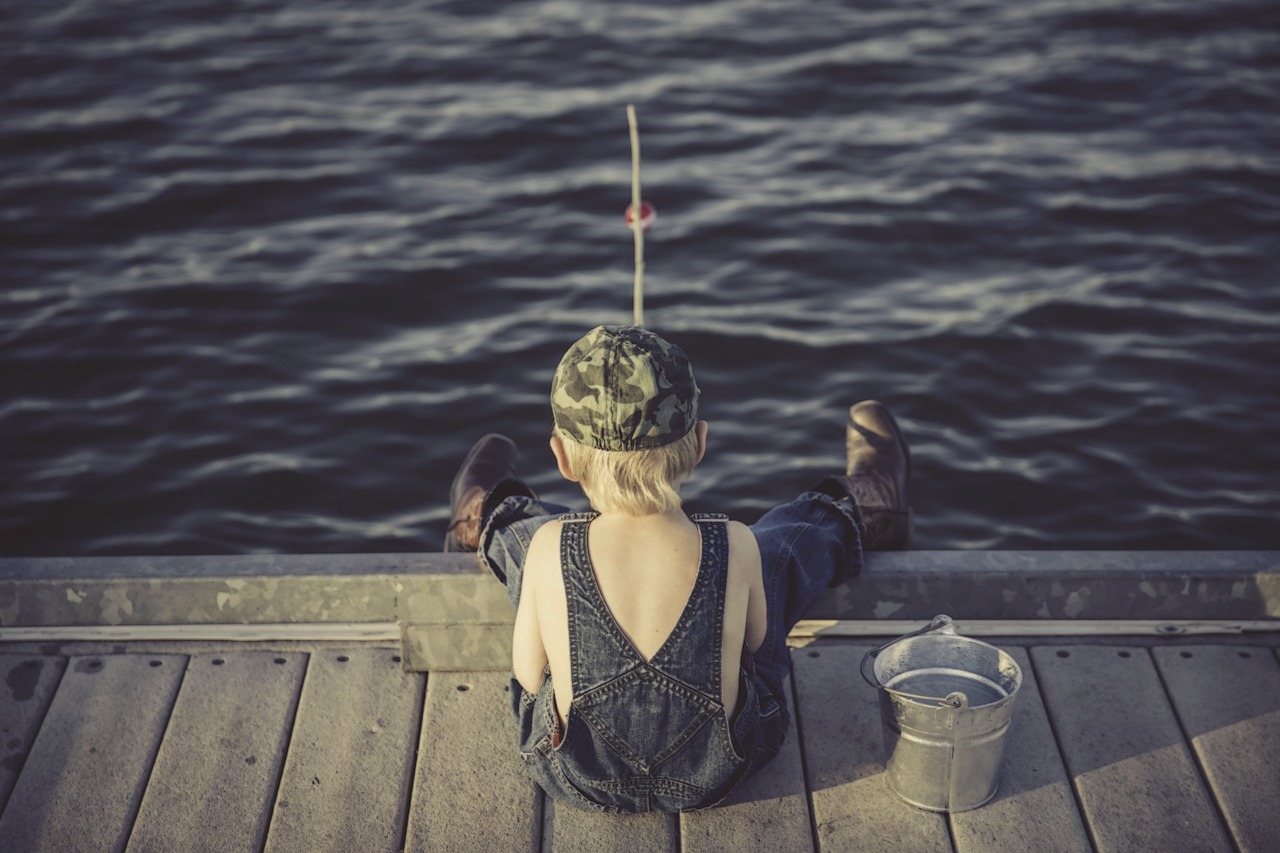
The Black Sea region, with its rich marine biodiversity, is witnessing a growing emphasis on sustainable fishing practices. This shift is driven by the urgent need to address overfishing, protect marine ecosystems, and ensure the long-term viability of fisheries. Countries bordering the Black Sea are increasingly recognizing that sustainable fishing is not only crucial for environmental conservation but also for the economic well-being of communities dependent on fishing.
In recent years, there has been a concerted effort to move away from destructive fishing methods that have led to the depletion of fish stocks and damaged marine habitats. For instance, Bulgaria and Romania are implementing stricter regulations on trawling, a method known for its adverse impact on seabed ecosystems. These regulations aim to limit bycatch and reduce the disturbance of vital underwater habitats.
Turkey, another key Black Sea nation, is actively promoting sustainable fishing through a mix of policy reform and community engagement. The Turkish government has introduced measures such as fishing quotas and closed seasons to protect species during their breeding periods. Additionally, Turkey is investing in research to better understand the dynamics of its marine resources and to inform sustainable management practices.
In Ukraine, efforts to promote sustainable fishing are being supported by international collaborations. Projects funded by organisations like the European Union and the United Nations focus on enhancing the capacity of Ukrainian fisheries to adopt sustainable practices. These include training programs for fishermen on sustainable methods and the development of a legal framework that aligns with international standards. Much is on hold during the current conflict, but fishing has not stopped entirely, and still continues to some degree.
Russia’s approach to sustainable fishing in the Black Sea involves both regulation and scientific research. Russian authorities are monitoring fish stocks and implementing catch limits where necessary. Furthermore, scientific institutions in Russia are conducting studies to assess the health of marine ecosystems in the Black Sea, providing data crucial for informed policy-making.
Cooperation among Black Sea countries is also a key aspect of promoting sustainable fishing. The General Fisheries Commission for the Mediterranean (GFCM), under the aegis of the Food and Agriculture Organization (FAO), plays a significant role in this regard. The GFCM works with Black Sea nations to develop regional strategies for sustainable fisheries, including measures to combat illegal, unreported, and unregulated (IUU) fishing.
However, transitioning to sustainable fishing practices in the Black Sea region faces challenges. Small-scale and traditional fishermen often rely on practices that are not sustainable, and shifting to new methods requires both financial and educational support. Additionally, enforcing fishing regulations in international waters is complex and requires coordinated efforts among nations.
Another challenge is the need for comprehensive data on fish stocks and marine health in the Black Sea. Effective management of fisheries requires up-to-date information, and many countries in the region are still developing their capacities for scientific monitoring and data collection.
The move towards sustainable fishing in the Black Sea region is a critical step in preserving its unique marine environment and ensuring the livelihoods of communities dependent on fishing. While challenges remain, the increasing collaboration among nations and the growing recognition of the importance of sustainable practices signal a positive shift towards the responsible stewardship of the Black Sea’s marine resources. As these efforts continue, they pave the way for a more sustainable and prosperous future for the region’s fisheries.






